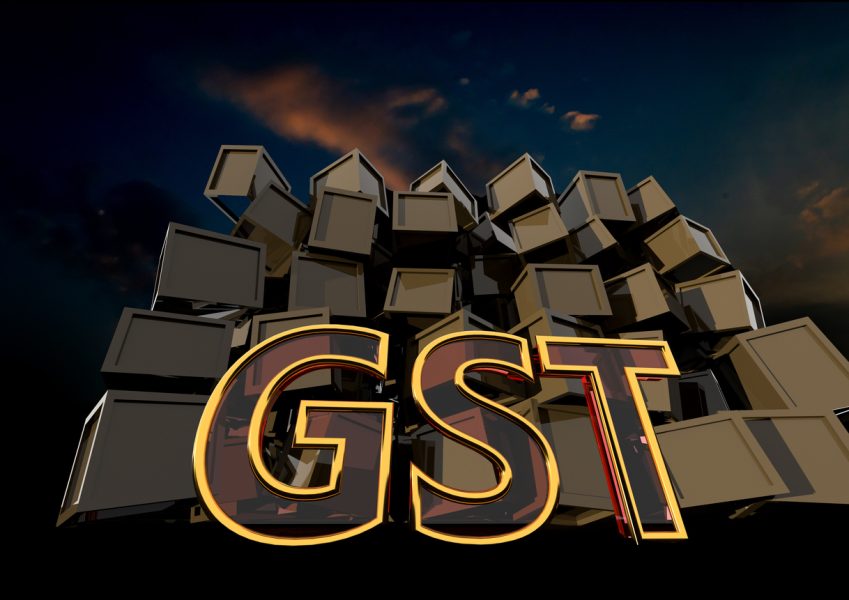
Advice vs authority: SC ruling on GST Council’s ambit raises numerous queries
Some wonder where the authority will rest if the Council is nudged out of a decision-making role; others hail decision as reiteration of cooperative federalism

The Supreme Court ruling on Thursday, that the GST Council’s recommendations are just that — recommendations, and not orders, for the Centre and state — left many a legal expert a little perplexed.
The Council’s recommendations are just ‘persuasive’, said a Supreme Court bench led by Justice DY Chandrachud. Parliament and state legislatures possess equal powers to legislate on GST, it further said while giving judgment on a case of Mohit Minerals, regarding ocean freight. While the finer details of the ruling are yet to emerge and be pondered over, what it may ultimately mean is that while the GST Council can make ‘suggestions’ (not decisions), these would have to be converted into laws by Parliament and state assemblies before they are implemented.
Also read: GST Council recommendations not binding on Centre, state govts: SC
Some experts said the ruling is the need of the hour, for it creates checks and balances in the GST system, which is held together by a fine strand of shared authority between the Centre and the states. Others, though, were rather baffled. The whole purpose of establishing the GST Council was to give equal representation to the Central and state administrations, they pointed out. The One Nation, One Tax concept revolves around a single body handling the tax structure of the country. If the GST Council only ‘persuades’, who actually takes the decision, they asked.
PTR welcomes decision
Tamil Nadu Finance Minister Palanivel Thiaga Rajan (PTR) welcomed the ruling, saying it reiterates the concept of cooperative federalism. “The judgment is in line with the comments I made on May 28, 2021. I had mentioned then in the GST Council that we have arrived at a constitutional and historical oddity,” he said.
“The current GST system and Council functions with an omnipotent and all-encompassing mandate not envisioned in the Constitution of India. The GST system is deeply limited by a structural design and technology platform that are far from adequate to the important task. Oddity is truly alarming as the actual Council is becoming in some ways a mere ceremonial seal, a rubber-stamp authority. The real power to create policy abrogated to (Constitutionally) ad-hoc agencies such as TRU of the CBIC, feeble GST Secretariat, and quasi-governmental GST Network. I had questioned how this has happened despite the herculean efforts of so many learned people at every stage.”
Abhishek A Rastogi, Partner at legal firm Khaitan & Co, said: “As the court has gone ahead to categorically hold that the GST Council’s recommendations have only persuasive value, there will be a pragmatic approach to the provisions which are subject to judicial review by way of challenge to the constitutionality of such provisions based on GST Council recommendations.” Rastogi argued for the companies in the Ocean Freight matter in the Mohit Minerals case.
No legislative power
SR Patnaik, Partner & Head – Taxation at law firm Cyril Amarchand Mangaldas, said the ruling makes the GST Council an ‘informal body’. “The Supreme Court’s judgement clarifies that GST Council is an informal body whose inputs should be taken into account, but it does not have a legislative power and laws have to be legislated by the bodies who are empowered to do so, i.e. Parliament and the state legislative assemblies,” he said.
“The courts would now have to be more proactive in the judicial review of GST legislation with the apex court clarifying that that the decisions of the GST Council are not law and they are mere recommendations,” Patnaik added.
This leads to the question of how uniformity will be maintained. All the states are uniformly agreeing to any piece of legislation, particularly regarding tax, seems rather unlikely. “If states legislate different GST rates for different goods and services, the original concept of one tax one country is dead,” remarked Senior economist Arvind Virmani. “Is there a flaw in the Constitutional amendment or the GST law that implements it? If it is the latter, it can and must be corrected immediately,” he said.

